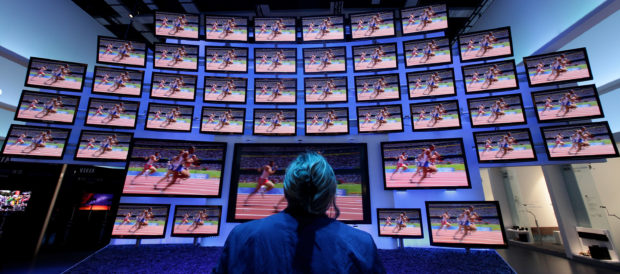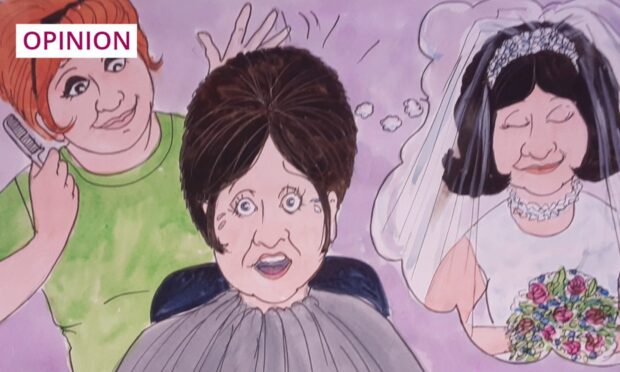April Fools‘ Day is joyous, it is the start of spring and plays right into my occasionally childlike mind.
In many ways it feels like a perfect opportunity to write about Brexit, however I suspect Westminster will do it all by themselves today. I’m also sure the P&J will have other cheeky stories about AFC signing Alfredo Morelos or an oil rig being located in Union Square Gardens. I do love a wee prank though and it leaves my life less energised given that as an adult it is not really acceptable to do such things.
Sadly running a prank at work or home runs the risk of either silent treatment, a law suit or some other undesirable outcome. So as a well-balanced adult I look to find joy in other ways, and being an utter dweeb last week one day on my commute I was thinking about the trade-offs we face to achieve joy and happiness.
As is the requirement for any essay I begin with the academic theory. Believe it or not, Happiness Economics is an actual thing and I’ve loosely written about this before. People like me believe we can study satisfaction and happiness of individuals by understanding trade-offs between things like employment, wealth, leisure, health and other factors. There is no doubt that is possible in my view. However, life today is complicated and were we to collate a range of happiness factors today versus, say 100 years ago then the list would be somewhat longer.
Happiness in modern society includes factors like our view of life through the lens of social media, what people think of us and comparing our lives to other people. People are now, in my opinion, more concerned with ‘Keeping up with the Joneses’ in general. I feel this is a particular problem in the north-east of Scotland. I don’t mean to talk the region down but one flaw of some people having a bit more cash than most is that having the ‘latest’ thing is seen as important.
That old fashioned phrase about the Joneses or this behaviour has led to what I call at home ‘crazy consumerism’. We’re in a period where people seem to buy things when often their existing products have a significant period of life in them and are more than adequate. It’s not surprising to see this consumerism though as businesses advertise how our aspirational lives could be even better with something newer, shinier or bigger (cough cough).
I think the best examples of crazy consumerism are phones or TVs. After this I might not have any friends but I go into most houses now and their mix of TVs resembles a group of Russian Dolls with each room having a progressively larger version, with all having been bought sequentially. An alternative example is the proliferation of personalised number plates in and around Aberdeen or new executive cars, I won’t name brands.
My first ever column was about the fact that Governments measuring increasing economic output as single measure was harmful to society. A classic case in point is retail spending stats. We’ve all heard the doom mongering about whatever the latest fall in year-on-year retail expenditure is. A fall in retail spending just seems to be accepted as being a terrible for the economy, but is it really so bad in the long-run? If people were spending their money on better things that make them happier and create more economic utility it need not be bad. The problem is that people all around the UK are stretching themselves, borrowing more, and this is all being fuelled by the endless search for something better.
As an economist I believe this nirvana isn’t found by purchases but a wider set of factors which can give joy.
It is not directly related but a useful adjunct is Marie Kondo who promotes ‘decluttering’ using a set of rules around joy. I confess I haven’t read her stuff but have heard about it. In short, if you pick something up at home and you don’t think it will fill you with delight then you should ditch, recycle or give it to charity. This is a simple theory and is more about wellness and the like than economics. However, the prequel book should write about short-cutting this process. In simple terms all that she would need to write about is not buying the joyless goods in the first place. If that book has already been written, good work.
So on April fools’ day I’ve just realised that I have written a piece about as joyous as an evening in with Victor Meldrew or me. I suppose I better go and do something that is free and that will make me happy.
James Bream was research and policy director at Aberdeen and Grampian Chamber of Commerce and is now general manager of Aberdeen-based Katoni Engineering











